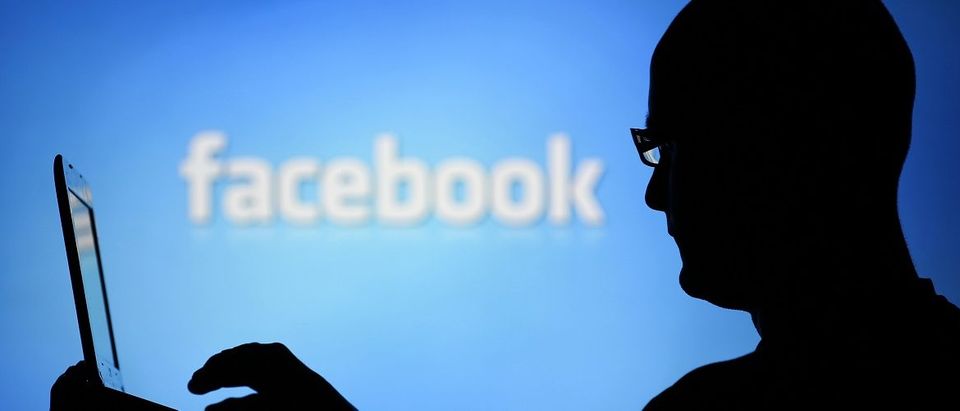Facebook has announced an adjustment to its censorship policy, a move coming days after it was reported that the social media giant’s CEO, Mark Zuckerberg, was included in WikiLeaks hacked John Podesta emails.
On Friday Oct. 21, Facebook’s vice presidents Joel Kaplan and Justin Osofsky announced in a joint blog release that they are changing policy due to “feedback from our community and partners” and that they are changing policy regarding the “kinds of images and stories permitted on Facebook.”
Kaplan and Osofsky further stated on Friday: “In the weeks ahead, we’re going to begin allowing more items that people find newsworthy, significant, or important to the public interest — even if they might otherwise violate our standards.”
Part of a new public relations approach, Friday’s Facebook announcement follows an Oct. 19 Daily Caller report about WikiLeaks revelations detailing Facebook CEO Mark Zuckerberg’s close relationship with Clinton campaign chairman John Podesta and a request from Chief Operating Officer Sheryl Sanberg seeking direction and the “next steps” for Zuckerberg.
“He’s begun to think about whether/how he might want to shape advocacy efforts to support his philanthropic priorities and is particularly interested in meeting people who could help him understand how to move the needle on the specific public policy issues he cares most about,” Sanberg wrote. (RELATED: WikiLeaks: Mark Zuckerberg Looking For ‘Next Steps’ From John Podesta)
Zuckerberg sent a memo to Facebook employees that surfaced on October 19, 2016, the same day as TheDC’s WikiLeaks story was published. The internal memo was produced and posted by the website “Boing, Boing,” which criticized Zuckerberg and compared Trump’s ideology to Osama bin Laden.
The memo defended Peter Thiel, the Facebook board member supporting Trump, and it also outlined the beginning of Facebook’s policy change taking shape: “We can’t create a culture that says it cares about diversity and then excludes almost half the country because they back a political candidate,” Zuckerberg said. He added, “there are many reasons a person might support Trump that do not involve racism, sexism, xenophobia or accepting sexual assault.”
Facebook’s move to save face could mean less censorship for conservative opinions and may be tied to the financial realities of current social media traffic.
Trump’s social media analytics continue to beat Hillary Clinton in most areas. Following the last presidential debate, Trump’s share of the sparring on Facebook was 56 percent to Clinton’s 44, with almost 80 million people involved.
TheDC also reported Friday, that Trump raised $9 million during the last debate through two live-streams on Trump’s Facebook made to look like regular news programs.
According to the Trump Campaign, the Facebook broadcasts were “one of the largest debate discussions on the internet,” generating 8.8 million views, 8 million likes, shares and comments, and attracting 24 million people.


